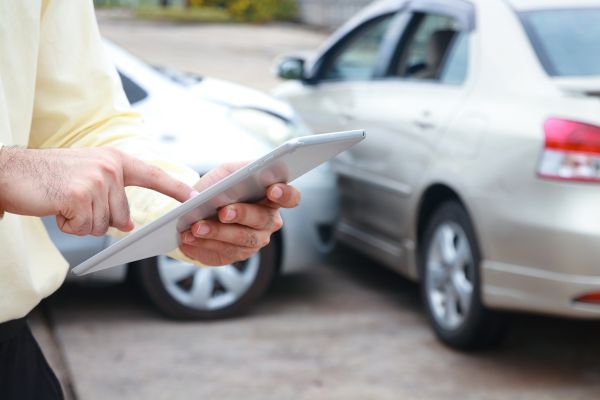Car accidents can happen in the blink of an eye, leaving behind a whirlwind of confusion and stress. Whether it’s a minor fender bender or a serious collision, knowing the steps to take after a car accident is crucial for protecting your rights, ensuring your safety, and navigating the legal aftermath. This guide provides a comprehensive look at what to do immediately following an accident, helping you stay prepared for the unexpected.
Understanding the Immediate Aftermath of a Car Accident
The moments following a car accident can feel surreal, often leaving drivers and passengers disoriented. Remaining calm is the first critical step. Panic only exacerbates the situation, making it harder to think clearly. Take a deep breath and assess your surroundings carefully. If possible, move your vehicle to a safe location out of traffic to prevent further hazards. However, if your car is severely damaged or injuries have occurred, it’s safer to leave the vehicle in place and turn on your hazard lights.
Prioritizing Safety and Health Right After the Collision
Your safety and that of others involved should always be the top priority. Check yourself and passengers for injuries. Even if injuries seem minor, avoid sudden movements and wait for medical help if needed. Call emergency services immediately, especially if there are visible injuries or significant property damage. First responders are trained to handle such situations and will provide necessary medical attention while also securing the accident scene.
Contacting Authorities and Gathering Information
One of the most important steps to take after a car accident is notifying the police. In many jurisdictions, it is legally required to report accidents involving injuries or substantial property damage. When the authorities arrive, provide a clear and accurate account of what happened but avoid admitting fault. The official police report will become a crucial document for insurance claims and possible legal proceedings.
While waiting for law enforcement, begin gathering essential information from the other driver and any witnesses. This includes names, contact details, driver’s license numbers, license plate numbers, and insurance information. Additionally, take photos of the scene, vehicle damage, road conditions, and any visible injuries. These records can be invaluable later when dealing with insurers or legal professionals.
Notifying Your Insurance Company Promptly
Informing your insurance company about the accident as soon as possible is vital. Provide them with all collected details and a copy of the police report once available. When speaking to insurance representatives, remain factual and avoid speculation. Insurers often require prompt reporting, and delays could complicate your claim or affect coverage eligibility.
Seeking Medical Evaluation Even If You Feel Fine
It’s common for adrenaline to mask pain or injuries immediately after a crash. This is why seeking a medical evaluation is among the crucial steps to take after a car accident. A healthcare professional can identify any hidden injuries such as whiplash, concussions, or internal trauma. Medical records from this evaluation also serve as essential evidence if injury claims arise.
Understanding Your Legal Rights and Responsibilities
Navigating the legal landscape after a car accident can feel overwhelming. Depending on your jurisdiction, you may be entitled to compensation for damages, medical expenses, and even emotional distress. Consulting with an attorney experienced in car accident cases can help clarify your rights and responsibilities. Legal counsel can guide you in dealing with insurance adjusters and, if necessary, pursuing litigation to secure fair compensation.
Avoiding Common Mistakes That Could Harm Your Case
In the aftermath of a collision, certain actions can unintentionally harm your ability to recover damages. Refrain from admitting fault at the scene or on social media, as these statements could be used against you later. Be cautious when accepting quick settlements from insurers, as initial offers may not fully cover your losses. It’s wise to consult legal and financial experts before agreeing to any terms.
Planning for Recovery and Moving Forward
Recovering from a car accident involves more than physical healing. The emotional impact of such events can be significant, often leading to anxiety or fear of driving. Seeking support from mental health professionals and leaning on family and friends can help you cope with these challenges. Moreover, addressing vehicle repairs, insurance settlements, and possible legal actions takes patience and persistence.
Final Thoughts: Staying Prepared and Protected
Understanding the steps to take after a car accident empowers you to act decisively and responsibly in a stressful situation. From ensuring immediate safety and notifying authorities to seeking medical care and legal guidance, each step plays a vital role in protecting your well-being and rights. While no one plans for an accident, being informed and prepared can make all the difference in the aftermath, helping you navigate challenges and move forward with confidence.

